[PR] AG Racine Introduces Legislation to Crack Down on Contracting Fraud that Harms Local Small Businesses
Proposal Would Increase Accountability for Non-District Companies That Cheat to Win Government Contracts
WASHINGTON, D.C. – Attorney General Karl A. Racine today introduced the “Small and Certified Business Enterprise Protection and Enforcement Amendment Act of 2019,” which would increase penalties on non-District companies that cheat to gain preferential treatment in local government contracting and increase oversight of the District’s Certified Business Enterprise (CBE) program. AG Racine introduced this bill in response to concerns of District small business owners who have lost out on contracts alleging sham local businesses are fraudulently applying for certification as a local business enterprise. The legislation would clarify that the Office of the Attorney General (OAG) has full investigative powers related to this type of fraud and can bring a case against a fraudulent business without waiting for a referral. The bill would also increase penalties for knowingly falsifying CBE certification forms and, upon a civil finding that a business violated the CBE statute, automatically debars the business, which would prevent them from bidding on government contracts for five years.
“When non-District businesses lie to get certified as CBEs, they rob District residents of jobs and opportunities that rightly belong to them,” said AG Racine. “Today’s amendment will enhance the Office of the Attorney General’s ability to hold companies accountable when they cheat to win government contracts. I urge the Council to pass this bill quickly for the benefit of the District’s businesses and economy.”
Like many states and cities across the country, the District of Columbia has adopted local preference policies in government contracting. These policies give local businesses an edge in competing for government contracts and direct government spending to support local jobs and drive local economic development. The District’s Department of Small and Local Business Development (DSLBD) grants contracting preference through its CBE Program to Certified Business Enterprises. Local law also requires all city agencies to spend 50 percent of their annual contracting and procurement dollars with these certified local businesses.
To be certified as CBE, a business must be headquartered in the District and must meet other requirements related to assets, sales, owners, or employees. Once certified, CBEs can receive up to 12 preference points when bidding on government contracts, which is equal to up to a 12 percent effective price reduction when their bid is compared to others. Because of the advantages CBE certification provides, non-District businesses may attempt to become fraudulently certified to win contracts. This type of fraud typically involves businesses based elsewhere that set up a small office in the District as a front and lying on DSLBD certification forms.
Currently, DSLBD evaluates applications for CBE certification by conducting site visits and reviewing financial and personnel records. Businesses already certified as a CBE are required to apply for re-certification every three years. When a business’s application for certification or re-certification is denied by DSLBD, OAG defends DSLBD’s decision at the Office of Administrative Hearings. Under current law, DSLBD is also permitted to investigate allegations of CBE fraud independent of the certification process.
The Small and Certified Business Enterprise Protection and Enforcement Amendment Act of 2019 introduced today in the Council of the District of Columbia, strengthens the laws governing the District’s CBE program by:
Increasing oversight of CBEs: AG Racine’s proposal would clarify that OAG has full investigative authority related to CBE fraud, including subpoena power, and can investigate a CBE at any stage. The law also clarifies that DSLBD may refer instances of CBE fraud to OAG at any time, while under current law, DSLBD is only instructed to refer CBEs to OAG after the third offense.
Increasing penalties for businesses that act fraudulently: In addition to the monetary penalties that businesses are required to pay if there is a court determination that they acted fraudulently, this proposal would allow OAG to refer fraudulent businesses for debarment, which would mean that they could not compete for District government contracts for five years. Additionally, this proposal would make lying on CBE forms subject to penalty of perjury.
Making it easier to report CBE fraud: This legislation would allow anonymous reports to be made to DSLBD’s CBE hotline, eliminate the requirement that fraud allegations be notarized, and require additional training for DSLBD employees who operate the hotline.
A copy of AG Racine’s legislation is available at: https://oag.dc.gov/sites/default/files/2019-07/Small-and-Certified-Business-Enterprise-Protection-and-Enforcement-Amendment-Act-of-2019.pdf
OAG’s Work on CBE Fraud
In response to concerns from the business community and media reports detailing alleged CBE fraud, OAG plans to step up enforcement against fraudulent businesses in collaboration with DSLBD. Previously, OAG won a judgment against Conduent State Healthcare for failing to meet requirements to subcontract with certified local businesses. Conduent is a District contractor that manages systems necessary for the operation of the District’s Medicaid program. In Fiscal Year 2017, Conduent failed to subcontract 25 percent of its total contract value to CBEs, as it was required to by its contract with the District. In October 2017, DSLBD issued a penalty of $244,115.83 to Conduent, which challenged the penalty at the Office of Administrative Hearings. DSLBD referred the case to OAG in 2018, and OAG won a judgment enforcing the penalties in May 2019.
A copy of the judgment is available at: https://oag.dc.gov/sites/default/files/2019-07/Conduent-v-DC.pdf
Reporting CBE Fraud
Currently, reports of CBE fraud can be made to DSLBD by phone at (202) 727-0019, by email at DSLBD.CBEFraud@dc.gov, or by regular mail at 441 4th Street, NW., Suite 850 North, Washington, DC 20001.
###
The Office of the Attorney General (OAG) works to protect and defend District residents, enforce District laws, and provide legal advice to D.C. government agencies. Karl A. Racine leads OAG as the first elected Attorney General of the District of Columbia. Visitwww.oag.dc.gov to learn more.

